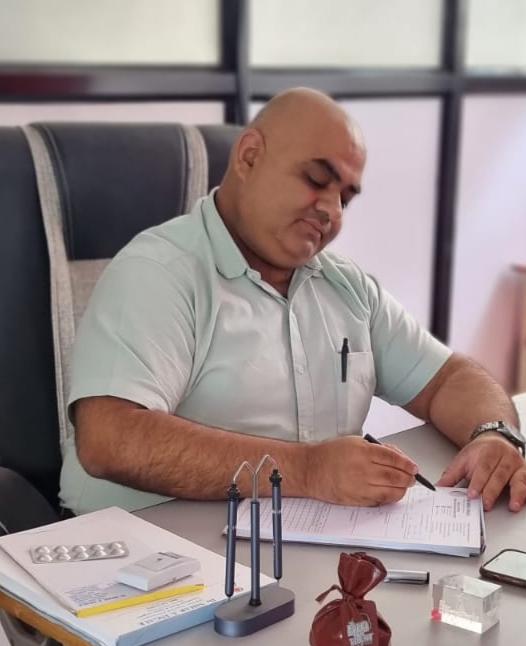
Professional medical service for Brain Disorders
Brain is body’s control center and it is a part of the nervous system ; which includes the spinal cord and a large network of nerves and neurons. Together , the nervous system controls everything from your senses to the muscles throughout your body.
When brain is damaged , it can affect many aspects of life. It can affect memory, sensations and even individual’s personality. Brain disorders include any conditions or disabilities that affect brain.
There is a broad category of disorders , which vary greatly in symptoms and severity.
- Headaches and Migraines
- Epilepsy
- Vertigo
- Parkinson's Disease
- Dementia and Alzheimer's
- Memory Problems
- Sleep Problems
- Head injuries
- Paralysis
- Brain Stroke
Long Term Outlook of Brian Disorders
People with brain disorders depends on the type and severity of the brain disorder. Some conditions are easily treated with medication and therapy , as many people with with mental health disorders are still able to live full with quality lives.
Few neurodegenerative diseases and some traumatic brain injuries , have no cure. In such cases, treatment centers and medicines helps to manage the illness and retain as much independence as possible.


Health Tips & Info
It is advised to seek medical help as soon as you notice any kind of symptoms related to brain disorders
How are brain disorders diagnosed?
A primary care physician or a neurological specialist can diagnose a brain disorder. They will likely perform a neurological exam to check your vision, hearing, and balance. They may also get images of your brain to help them make a diagnosis. The most common diagnostic imaging tools are CT, MRI, and PET scans. Your doctor might also need to study fluid from your brain and spinal cord. This helps them find bleeding in the brain, infection, and other abnormalities. Mental health disorders are usually diagnosed based on an evaluation of your symptoms and history.

